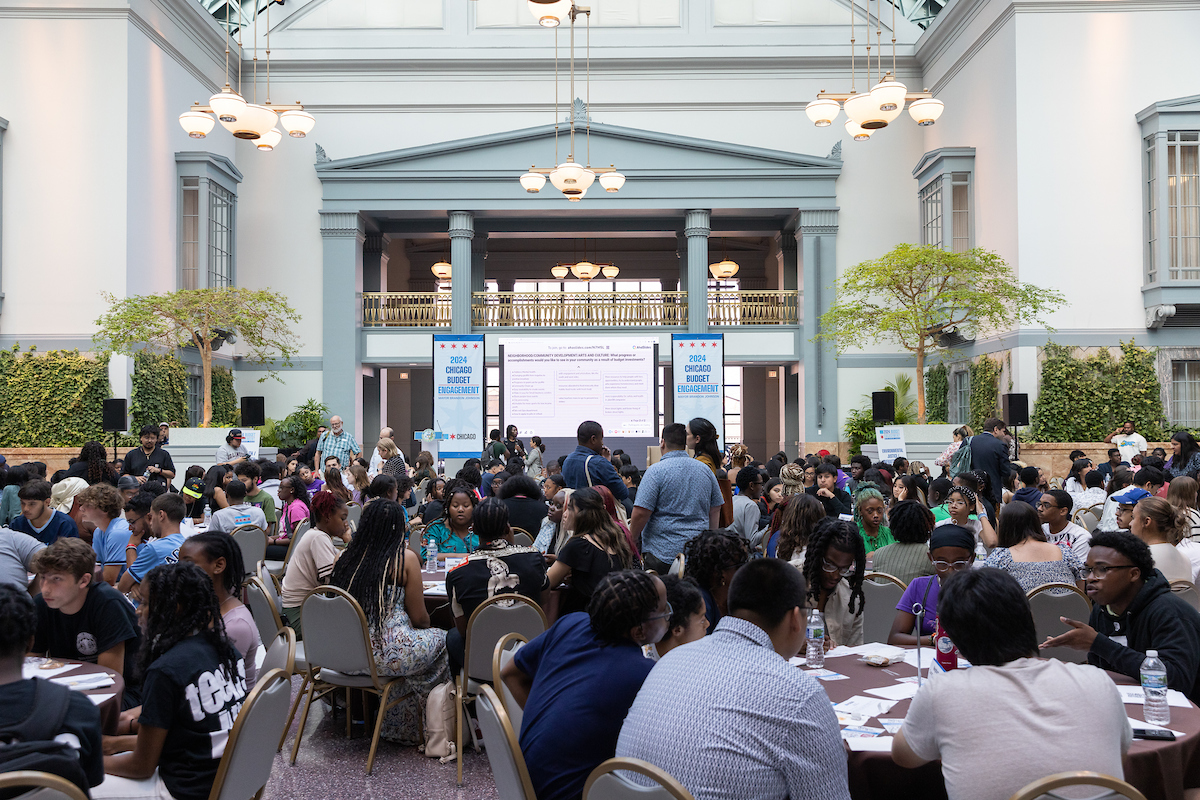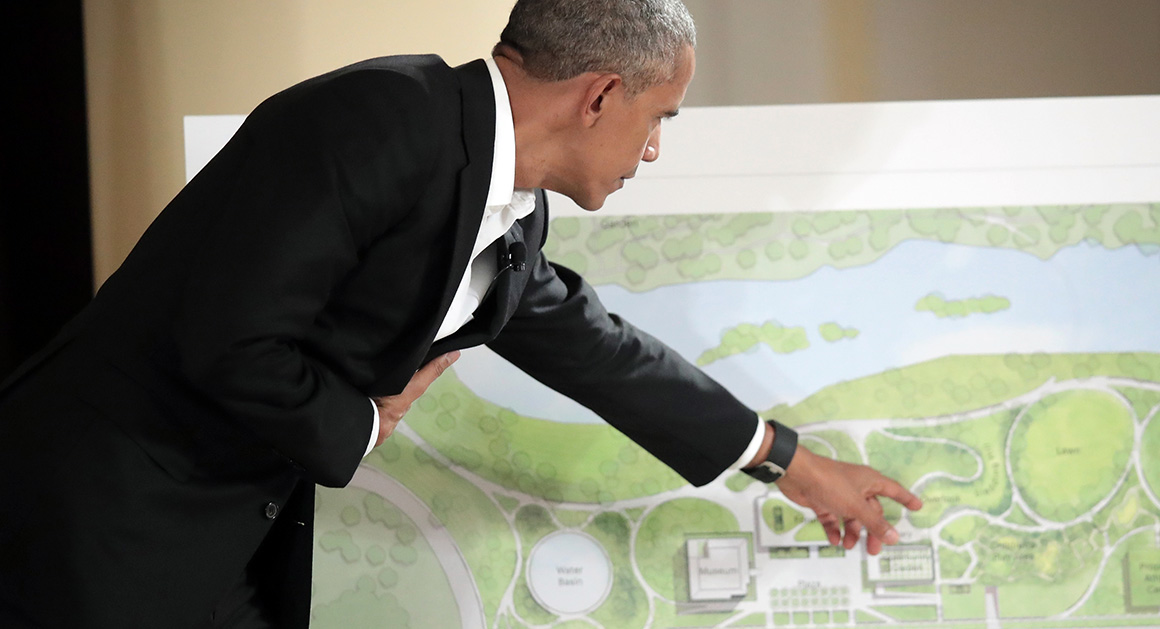Chicago Faces Unprecedented Budget Shortfall
As Chicago braces for a staggering budget deficit of nearly $1.2 billion for 2026, Mayor Brandon Johnson"s administration is confronted with the unenviable challenge of balancing fiscal responsibility with the urgent needs of the city"s most vulnerable residents. With city officials warning that this could be one of the toughest budget years in recent memory, the stakes couldn"t be higher.
Public Engagement Takes Center Stage
In a bid to engage residents in the budget process, Mayor Johnson has initiated a series of public roundtables to gather input on budget priorities. "These roundtables are so important tonight," Johnson remarked during the second of four scheduled events. The goal is to ensure that the voices of all residents, particularly those from marginalized communities, are heard in what promises to be a contentious budgetary debate.

City of Chicago :: FY 2025 Public Budget Engagement
Calls for a Progressive Tax Structure
Community organizers and advocates are uniting around a clear message: the wealthiest Chicagoans must shoulder a greater burden. Crystal Gardner, a West Side resident and community organizer, expressed the sentiment that "we"re demanding a budget that serves the many and not the few, a budget that taxes the wealthy and not the working families." This statement resonates deeply within a city where wealth inequality continues to widen.
Historical Context of Property Tax Proposals
Last year, Johnson faced backlash for proposing a $300 million property tax hike, a decision he ultimately rescinded in light of community opposition. As reported by Chicago"s finance team, reliance on one-time revenue fixes has been a recurring theme in past budgets, leading to fiscal instability and potential credit downgrades.
Potential Impacts of Budget Decisions
The anticipated budget gap could escalate dramatically, exacerbated by potential cuts in federal funding and the city"s overreliance on temporary financial fixes. Budget Director Annette Guzman pointedly noted, "You have budget imbalances when one side of your ledger is growing at a faster pace than the other," emphasizing that the expenditure side of the budget is outpacing revenues.
Consequences of Fiscal Neglect
If the city opts for further austerity measures, the repercussions could be dire. Programs aimed at supporting the unhoused, mental health services, and youth employment initiatives could face devastating cuts. Advocates fear that without a robust revenue strategy, the most vulnerable populations will bear the brunt of a budget that prioritizes fiscal health over social well-being.

Meet the Community Organizers Fighting Against … Barack Obama ...
Criticism of Previous Administration"s Approach
Johnson"s predecessor, Lori Lightfoot, faced significant criticism for her handling of the budget, particularly for failing to adequately engage stakeholders. The new administration is attempting to rectify this by forming a working group tasked with developing budget recommendations that reflect the needs of Chicago"s diverse communities. This group is expected to deliver its findings by the end of August, with a balanced budget required by year"s end.
Looking Ahead
As Johnson navigates this complex fiscal landscape, the pressure is mounting to present a budget that not only addresses the immediate financial crisis but also lays the groundwork for a more equitable economic future. Advocates for progressive taxation and wealth redistribution are urging the mayor to take decisive action, recognizing that a budget designed to support the many rather than the few is essential for the city’s long-term health.







![[Video] Gunfire between Iraqi security forces and Sadr militias in Baghdad](/_next/image?url=%2Fapi%2Fimage%2Fthumbnails%2Fthumbnail-1768343508874-4redb-thumbnail.jpg&w=3840&q=75)
